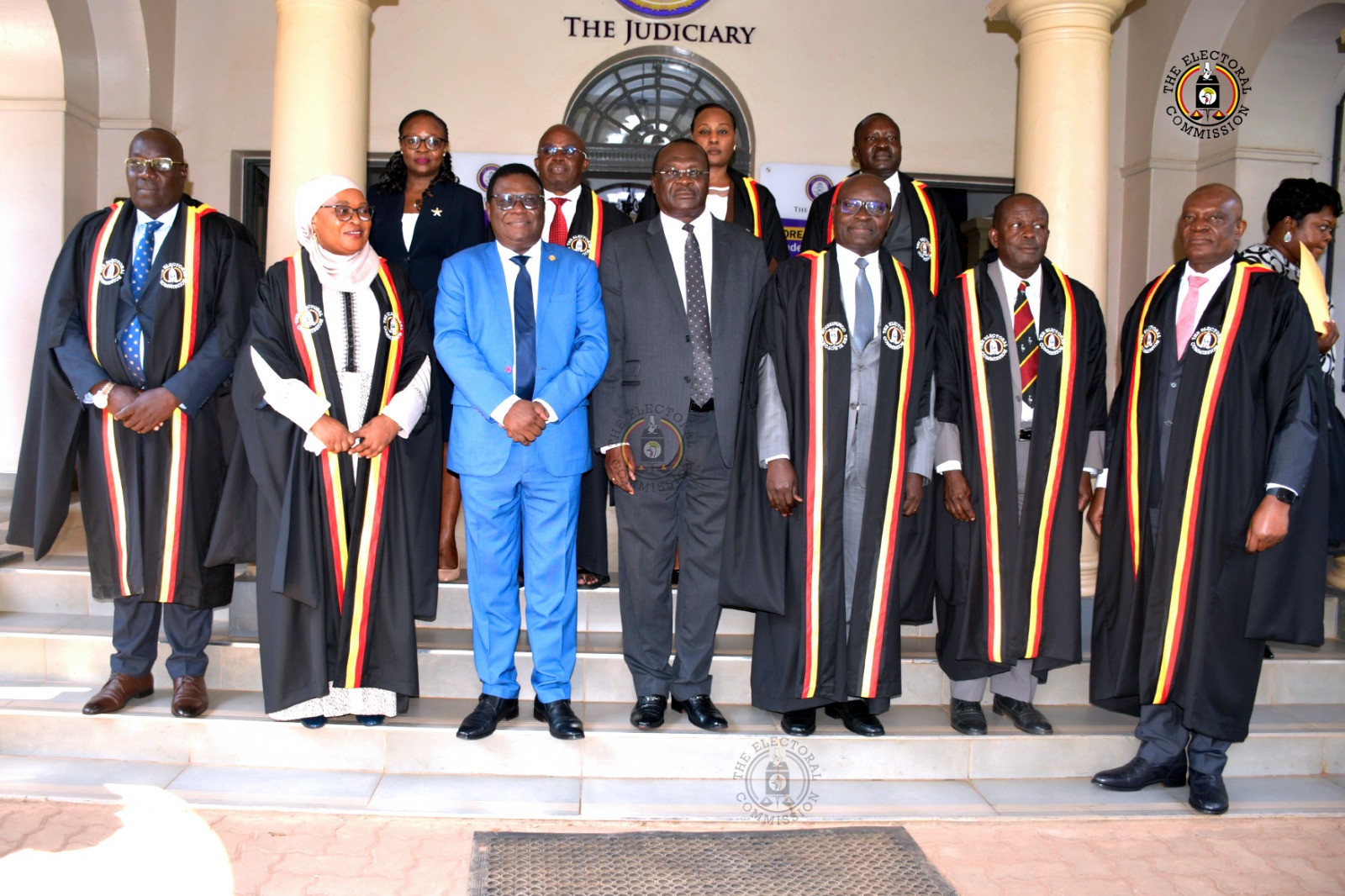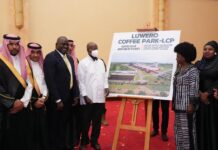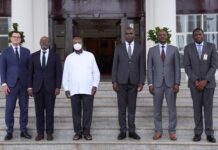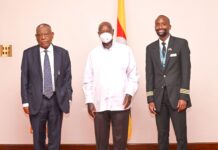By URN
Chief Justice Alfonse Owiny-Dollo has appealed to the government to provide more funds to the Electoral Commission to enable it to carry out civic education ahead of the 2026 elections.
Local election observers during the 2021 general election highlighted the lack of civic education as one of the reasons why the country’s electoral processes are increasingly being monetized and why voters demand bribes in exchange for votes.
Owiny-Dollo said he doesn’t know what would have been the outcome of the 2021 Presidential Election petition which was withdrawn by the petitioner Robert Kyagulanyi challenging the declaration of President Yoweri Kaguta Museveni as the eventual winner.
He said whether the petition was to be allowed or disallowed, he would have recommended at the end that the government must give the Electoral Commission more money specifically to sensitize and educate the voters regarding their voting rights.
The Chief Justice made the remarks on Wednesday while presiding over the swearing-in ceremony of the new leaders of the Electoral Commission including members, Commissioners, and its Chairperson, Justice Simon Byabakama Mugenyi. Byabakama took oath for a second term in office.
Others who took oath are the Commission’s Deputy Chairperson, Aisha Lubega Basajjanaku, Peter James Emorut, Stephen Tashobya, Anthony Okello, Caroline Beinamaryo, and Dr Salie Simba Kayunga.
Owiny-Dollo also said that there were several election Petitions received after the 2021 elections and therefore, the Electoral Commission needs to review them as well as the decisions that were issued therein; such that if there were any cancerous issues that citizens/voters were aggrieved of, a solution is offered timely rather than repeating the same mistake in the next polls.
Following the general elections of 2021, the Judiciary registered 160 petitions at the Parliamentary and local Council levels. 102 petitions were filed against Members of Parliament, 49 against District Chairpersons and nine were election applications.
The majority of these petitions said the elections were marred with bribery, election violence, multiple voting, malfunctioning voter machines, and inaccurate tallying of results which rendered the polls biased and unfair.
The Electoral Commission Chairperson Justice Byabakama said they need more than one trillion) shillings to conduct the next elections. He assured the voters in the country that the Commission is committed to organizing free and fair elections to protect the sanctity, peace, and stability of the country.
Byabakama said they will continue organizing elections that everyone in the country will be proud of and whoever has any issues regarding their operations as the Electoral Commission, he emphasized that doors are always open for them for discussions.
The Constitutional Court Justice Byabakama who is now on special duties in the Electoral Commission said as soon as they leave the court premises, there is no time to relax or go on honeymoon because they have less than two years to the next 2026 general elections and as such, they have to continue to plan accordingly.
“We are hitting the ground immediately to start the process of organizing free and fair elections,” said Byabakama.
At the same event, the Minister for Justice and Constitutional Affairs Norbert Mao encouraged the Electoral Commission members to execute their duties fairly with utmost independence, professionalism, and competence. He vowed to defend them from public criticism while in Cabinet as the Justice Minister if they did their work professionally.
The Democratic Party President General Mao also revealed that the Cabinet is discussing what he described as radical proposals to further improve the elections in this country and among these include the wearing of body cameras by the presiding officers and the introduction of electronic voting. However, some people in the Cabinet are hesitant to support them.
Mao believes that they are going to advise approximately what they think is suitable to conduct elections democratically. He reminded them that whereas they were appointed by the President, they have to remember that they are serving the interests of the voters whom they have to inform accurate election results and also protect the election laws and regulations.
The Electoral Commission has since issued the Roadmap for 2026 elections and fixed various events including nominations of various leaders to start in September 2025.




